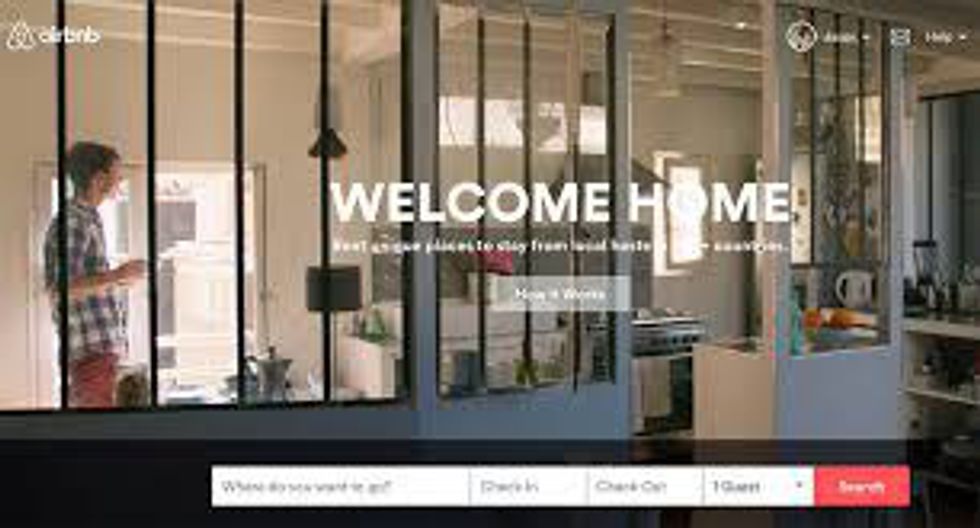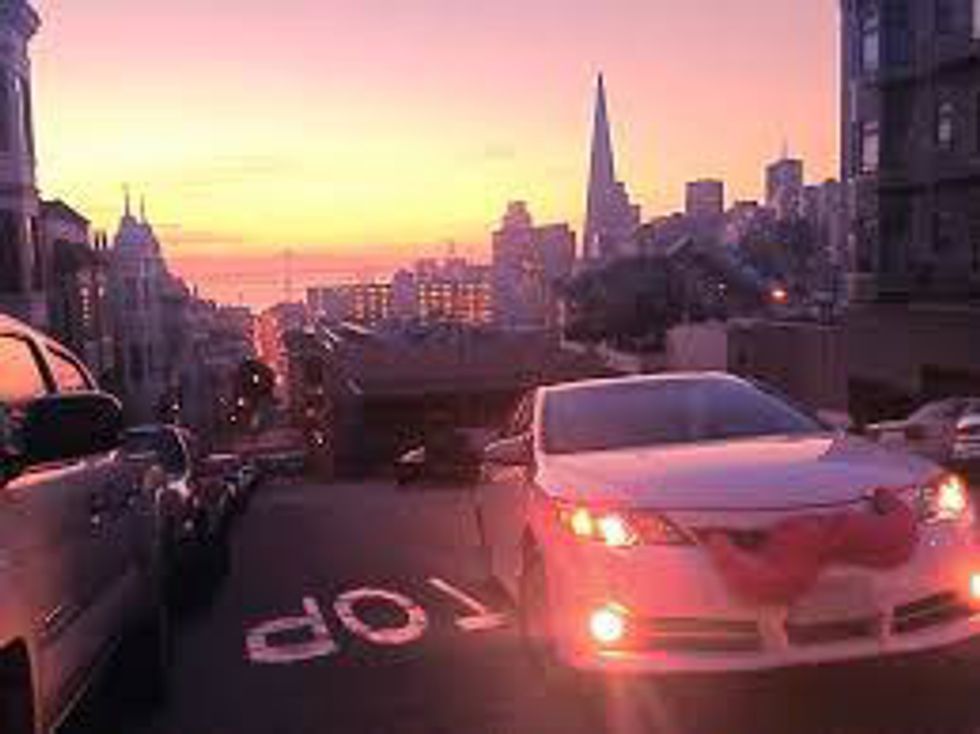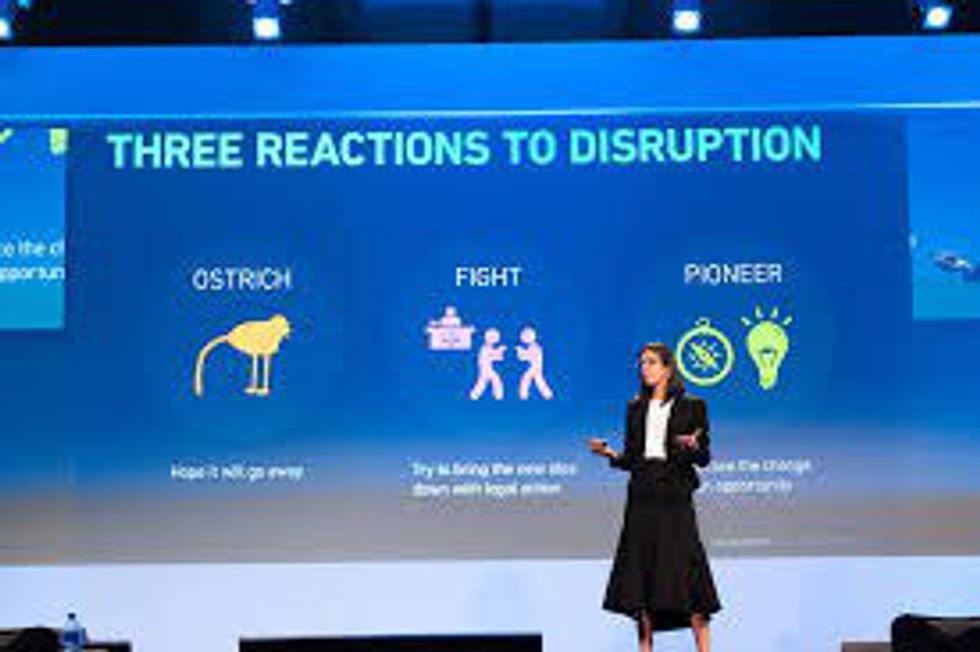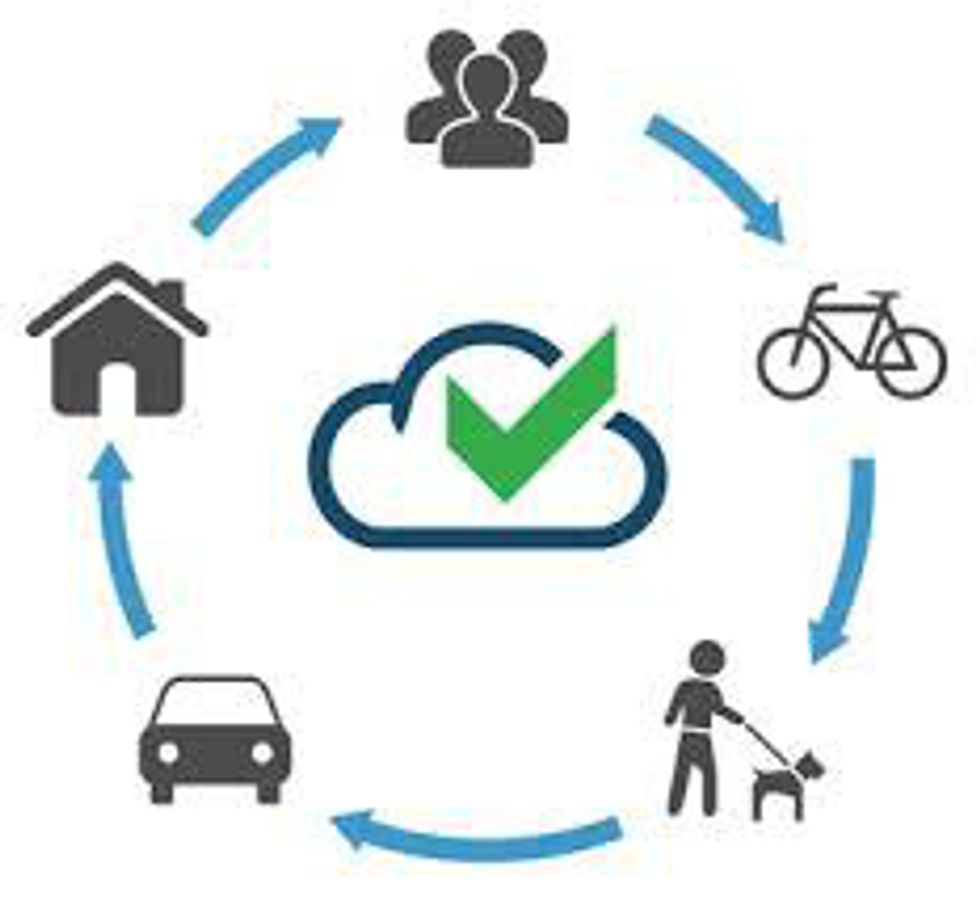As a resident of the Bay Area, or a member of our digital age in general, do you ever feel like new, made up words are being thrown around and you have no idea what they mean? Like, what does it mean to be a Unicorn, or Y Combinator, Series A, Series B, or Angel Investor? And how exactly do you “disrupt” something? To which I say, Google it. Hey, I’m a product of my environment, OK? I’m not here to define these buzzwords for you, what I’m here to do is to explain the profound influence of technology in our new “sharing economy” and why it doesn’t have to be all that bad.

So maybe you don’t know anything about the “sharing economy” or that we were even in one. It essentially means, and is utilized in such a way, that businesses are built off of technology that enables the sharing of goods and services, usually via an online marketplace in a way that is often collaborative and collectivist. OK that was just a bunch of jumbled jargon, I know, I know. Think Airbnb, Ebay, Uber, as they are some of the biggest players. The definition is much more complex than that, but I’m going to focus on the concrete consumption of goods and services, as well as these online marketplace platforms.
I’m going to express a semi-unpopular opinion here among Bay Area natives: these companies, nor any others with similar platforms, are not the enemy. Everything in life is going to have costs versus benefits. Every action does in fact have a reaction. This does not mean, however, that something potentially problematic cannot also be potentially beneficial.
Critics are exceptionally tough on ride-sharing and home-sharing platforms like Lyft, Airbnb, and Uber. These companies, as many others, are extremely highly valued and growing at exponential rates — but contrary to popular belief, their success is not undeserved. Their founders, developers, and designers built something innovative, and they should be rewarded accordingly. They have completely disrupted the way we travel, as well our travel accommodations. This extends into other industries as well, including the way we shop (thanks Poshmark!) and the way we spend our money in general. Could the founders of our country ever imagined something like “crowdfunding” when they envisioned a society “For the People, By the People?” Truthfully, crowdfunding is not a new concept, as humans have often always pooled money together for a cause or venture — but the fact that individuals are pre-selling their new inventions through crowdfunding platforms is pretty amazing. Platforms like these are giving customers a completely new voice.
The most profoundly positive aspect that the sharing economy has is its benefits for consumers. Traditional capitalism works in such a way that you buy a Coca Cola, and your reward was the enjoyment of that beverage. When you engage in the sharing economy, you often get other rewards besides the product or service you are getting. Who else has taken advantage of sharing promo codes and then becoming a loyal user of a product long after your promo code has expired? You also have the opportunity to capitalize on things you already have, and things you are already doing. Have a car? You can make money from ride sharing. Have a house? You can make money off of renting it out via home sharing. Trying to get rid of stuff? Sell it on many different platforms. Subsequently, you then get more money to spend on travel and nights out, or simply pay off your home or car in addition to your full time job. Or maybe you even decide to make this your full time job and be your own boss so to speak.
I’m sure you’ve seen by now that I’m not the typical bleeding-heart Berkeley student, but I think that you can have a sense of community through capital, in terms of our sharing economy. Of course, there are two sides to every story and I’m fully aware of the drawbacks. Safety regulations and gentrification are heavy subjects that are worth the time and agency of their own article! I do not believe that any aspect of the economy should be wholly unregulated, or that people deserve to be displaced. I’m saying we should embrace new forms of technology and economic consumption, as scary as they may seem. The sharing economy, whether we like it or not, is bringing people closer together. Although its not currently being used to help build communities, I believe it can. I believe that human connection and communication in terms of “sharing” can put the human touch back into technology.
Argue with me, hate me if you will, but we are all entitled to our opinions even if they are unpopular ones. Would it be so groundbreaking to embrace and attempt to tackle compromise? Capital does not always have to be the default enemy of community, and it is time that we work to devise solutions instead of one side demonizing the other.
























